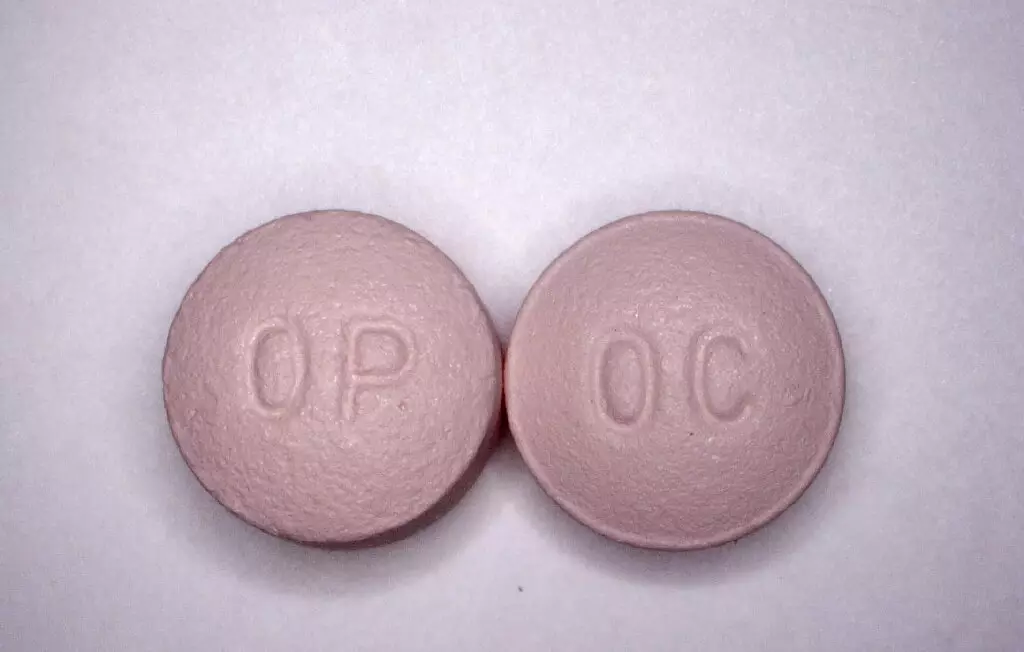In a stark revelation that has sent shockwaves through both the political arena and the digital landscape, members of Congress have urgently engaged Meta’s CEO Mark Zuckerberg regarding the proliferation of advertisements for opioids and other illegal substances on platforms like Facebook and Instagram. This concerted effort, spearheaded by 19 lawmakers, is a critical reminder of the ongoing struggle between innovation in the tech industry and the imperative of corporate responsibility.
The impetus for this inquiry stems from alarming findings reported by the Tech Transparency Project (TTP) and the Wall Street Journal. According to TTP’s investigation, over 450 distinct advertisements were actively circulating on Meta’s platforms, actively promoting a variety of illegal drugs, including prescription opioids and recreational narcotics like cocaine. The raw audacity of these ads, featuring images of prescription drug bottles or blocks of cocaine with clear calls to action, begs the question: why is a platform that has the means to regulate such content failing to uphold its own community standards?
Defiance of Community Standards and User Trust
As the lawmakers rightly express concern, “Meta appears to have continued to shirk its social responsibility.” This stance is not merely a critique but a reflection of an urgent need for accountability. The existential threat posed by easy access to illicit drugs via mainstream social media platforms is compounded by the platform’s own failure to enforce guidelines designed to protect users, particularly vulnerable individuals struggling with addiction. The nature of these ads is particularly troubling because they are not merely incidental user-generated posts but are ads explicitly approved and monetized by Meta’s own systems.
The responsibility of platforms like Meta transcends mere regulatory compliance; it extends into the realm of ethical obligation. With such a blatant disregard for the safety of its users, one cannot help but question the integrity of systems designed to monitor advertising content. Are they equipped to handle the complexities of a digital age where advertising technologies can unintentionally empower illicit activities? Meta’s reconciliation of profit motives with social well-being appears increasingly tenuous, highlighting what may be a deep-seated systemic issue.
Lawmakers Demand Answers
The congressional letter addressed to Zuckerberg demands clarity on critical issues — the volume of illicit drug advertisements, measures taken to rectify these lapses, and whether sensitive personal health information has been employed to target these ads. The deadline for a comprehensive response is set for September 6, reflecting the urgency with which lawmakers perceive this challenge.
While Meta’s spokesperson emphasizes that the platform is proactive in rejecting thousands of ads for violating drug policies and collaborating with law enforcement, the persistence of these problematic ads may indicate a more significant gap in enforcement efficacy. The promise to enhance systems for detecting illicit content begs skepticism; how can users trust these systems to operate effectively when the very platforms that claim to protect them are found facilitating access to harmful materials?
The implications of this situation extend far beyond the realm of a single tech company. As tech giants like Meta grapple with their responsibility in fostering a safer digital environment, the call from Congress underscores the need for transparency, accountability, and, ultimately, a reevaluation of how these platforms interact with society.

